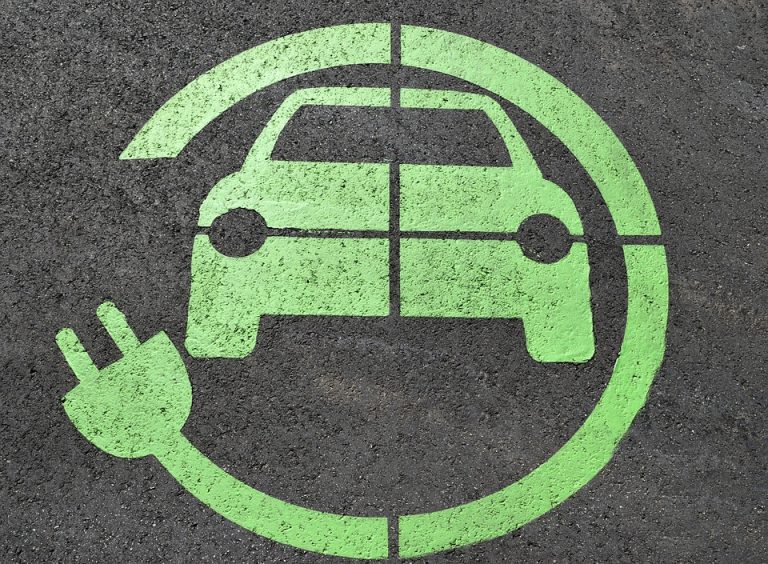With so many forms of easily-avoidable waste generated in our day-to-day lives, it comes as no surprise that an increasing number of people are concerned with its effects on the environment. Supermarkets and stores specifically are all too familiar with the effects of waste; from expired products that cannot be sold to various forms of “shrink” that eat into profit margins, there’s a lot of potential waste to cut. Plastic bags are one good example where supermarkets are not only spending extra money, but the effects on the environment are grotesque. In order to motivate you to shop more responsibly, we’ve put together a list of reasons why you should make the switch to reusable bags today.
Plastic Is (Almost) Forever
Every time you purchase something at a supermarket and carry it home in a plastic bag, you are generating demand for those bags. Did you know that it can take up to 1,000 years for a plastic bag to biodegrade? Even the most “eco-friendly” plastic bags take around 20 years to decompose. Sadly, only around one percent of plastic bags actually end up being recycled, meaning that the remaining 99 percent wind up in our landfills, oceans and other natural areas.
More Plastic Consumption = Higher Oil Prices
A meaningful amount of the oil we use is ultimately funneled into the production of plastic products. With more than ten million barrels of oil per year being used to make plastic bags in the US alone, the demand for this oil justifies increased demand – and therefore higher prices – for oil overall. The more demand for oil that exists, the more likely it is that oil prices are to increase or remain steady. A reduction in plastic bag consumption, combined with overall reductions in plastic use, can help drastically reduce oil consumption and therefore lower prices.
Reusable Bags Are More Durable
Don’t you just hate it when those flimsy plastic bags break and spill your shopping items everywhere? One great thing about switching to reusable custom printed bags is that you won’t have to worry about durability. Reusable bags are made to last and can hold more weight than a traditional plastic bag. This means that you’ll need to make fewer trips to the car and back when bringing in the groceries, and won’t end up wasting money on items that get damaged when the plastic bag inevitably fails.
Plastic Bags Are Killing the Ocean
More than ten percent of the garbage that washes up on our shores are from plastic bags. The amount of plastic we’re putting into the ocean is incredible and it is having adverse effects on the environment, with a huge chunk of it being plastic bags. Not only does this harm the environment directly, but it leads to the deaths of thousands of birds, fish and other forms of sea life that become trapped or suffocate in the plastic bags. For the creatures in our ponds, streams and oceans, plastic bag usage is literally a matter of life and death.
Now that you’re familiar with the damage that plastic bags can do, you hopefully have new motivation to switch to reusable bags. There are plenty of other reasons to consider making the switch, but these four reasons touch on all of the main points and motivations for doing so.






Leave a Comment